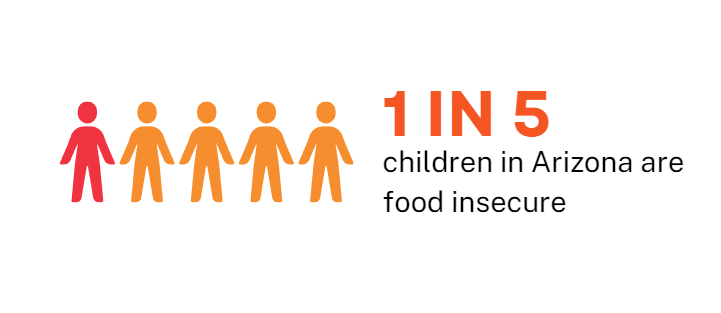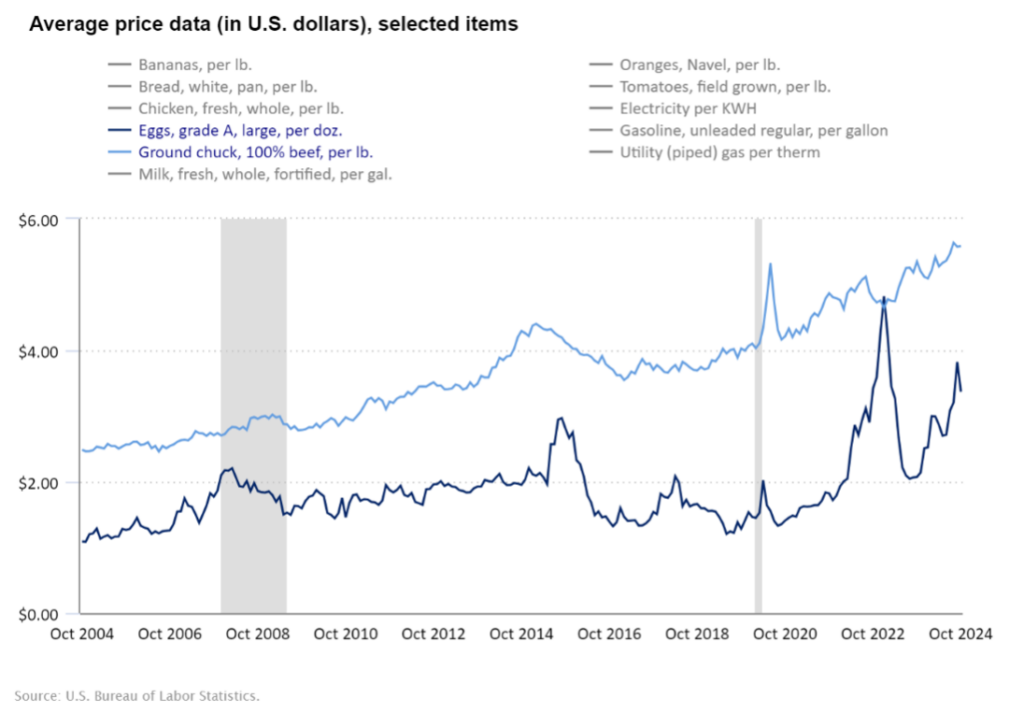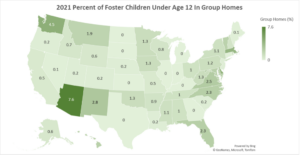Supporting LGBTQ+ Youth in a Time of Change
LGBTQ+ youth are overrepresented in foster care, with about one in three youth in foster care identifying as LGBTQ+, and often face unique barriers. For this reason, Children’s Action Alliance has long championed equality in policy decisions throughout the foster care system, including family acceptance support and placements for children that are safe and affirming.
Family Acceptance & Why It Matters
A key predictor of long-term health and safety is family acceptance of LGBTQ+ youth. Research shows that LGBTQ+ youth with affirming families have lower rates of depression, suicidal behavior, homelessness, and substance abuse, and higher self-esteem and social connectedness. Even when full understanding isn’t yet present, remaining with supportive family or kin, as opposed to entering the foster care or institutional system, can reduce harm and increase well-being.
Affirming Placements Support LGBTQ+ Youth
LGBTQ+ children in foster care experience higher rates of trauma, including violence, discrimination, homelessness, institutionalization, and emotional harm. Many experience 10 or more placements, often in group settings, with limited access to supportive adults. The federal Safe and Affirming Placements Rule (effective July 2024) enhances protections for LGBTQ+ youth from discrimination by requiring foster placements that affirm their sexual orientation, gender identity, and gender expression. It also ensures that providers are trained and knowledgeable about the needs of LGBTQ+ youth, and that youth are informed of their right to request an affirming placement.
Recent Changes Undermine Crisis Support and Affirming Care
What occurs outside of the foster care system also impacts the health and safety of vulnerable youth who are LGBTQ+. Last week, the federal administration announced it would discontinue the LGBTQ+ Youth Specialized Services program (press 3 option) on the national 988 Suicide & Crisis Lifeline, effective July 17. Since its launch in 2022, this dedicated service, provided by the Trevor Project and staffed by counselors with lived experience, has provided lifesaving support to approximately 1.3 million LGBTQ+ young people in crisis. In addition, the U.S. Supreme Court upheld Tennessee’s ban on gender-affirming care for trans youth in United States v. Skrmetti. As advocates and community members who care about the well-being of all young people, we must remain informed and engaged about how to support LGBTQ+ youth in environments that limit essential affirming supports and services.
Resources and Information Are Vital
Pride Month is a time meant to honor the resilience, visibility, and contributions of the LGBTQ+ community. LGBTQ+ youth deserve care that promotes their health and safety, not rollbacks that create greater risks for young people who already face higher rates of suicide and systemic barriers to care. Children’s Action Alliance remains steadfast in its mission to advance systems that protect the safety, dignity, and well-being of all youth.
Despite these setbacks, LGBTQ+ youth and their families and caregivers are not alone. A strong network of national and local community organizations remains active and ready to provide affirming care and crisis support.
Resources
- 988 Suicide & Crisis Lifeline – 24/7 call, text, or chat support
- The Trevor Project – 24/7 crisis line support for LGBTQ+ youth via call, text, chat
- Lambda Legal: Safe Havens II is a call to action from youth with experience in child welfare who share their experiences and system improvement recommendations
- The National SOGIE Center: A hub for culturally responsive tools and training to support LGBTQ+ youth and their families.
- Family Acceptance Project: Research-based resources to help families support their LGBTQ+ youth.
- one·n·ten – Empowering social and service programs that promote self-expression, self-acceptance, leadership development, and healthy life choices to youth
- Southern Arizona Aids Foundation (Tucson) – Affirming programming and services for the LGBTQ+ community






